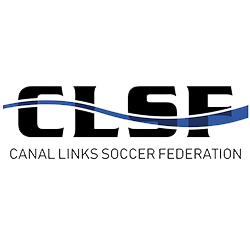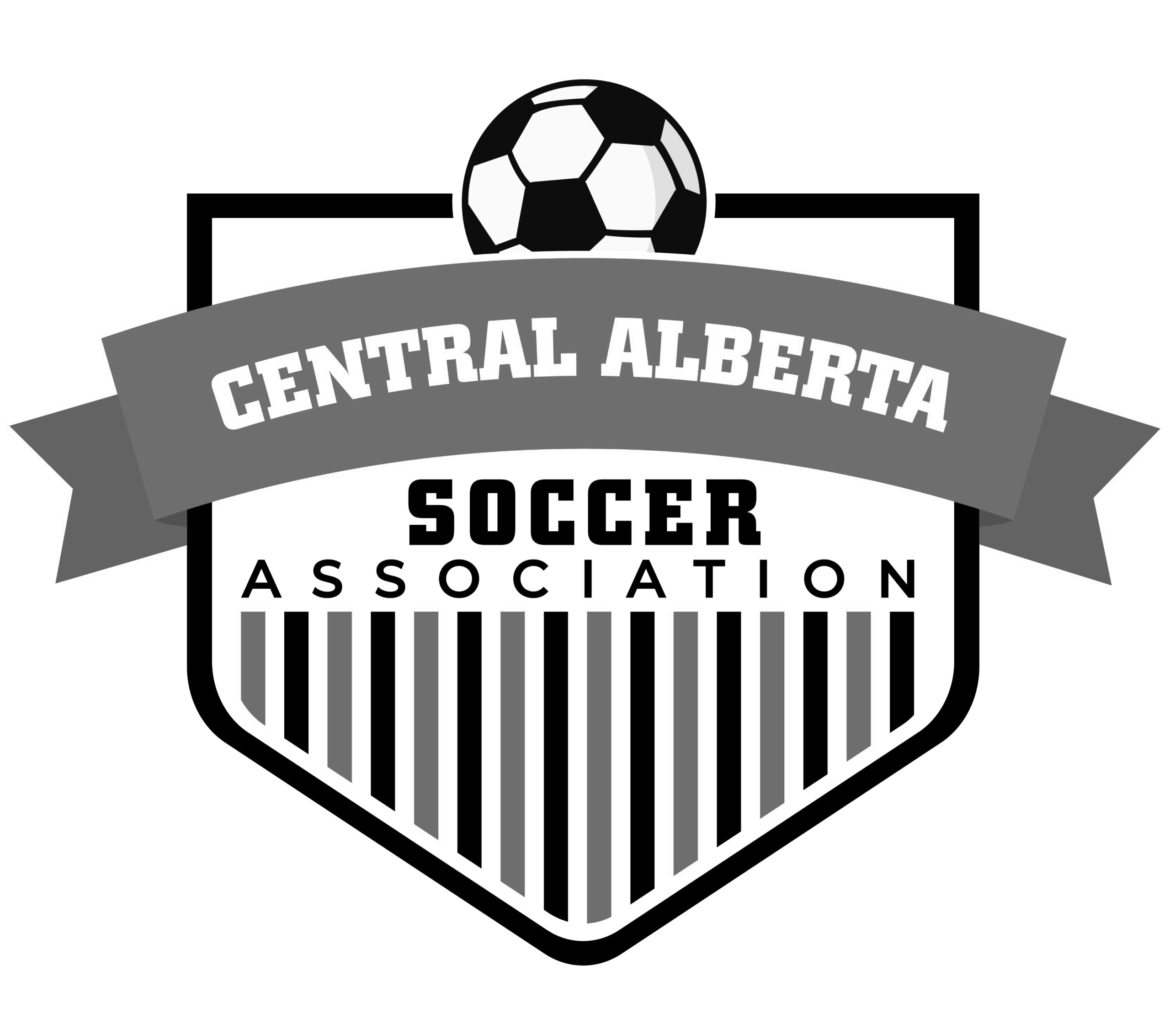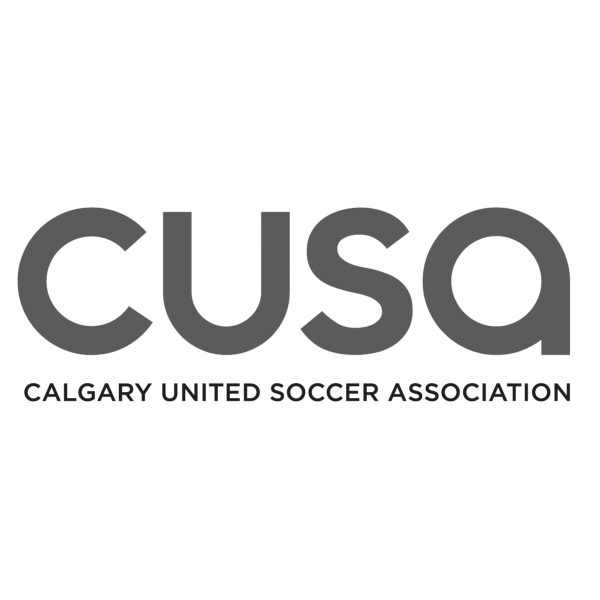Frequently Asked Referee Questions
• Registration provides referees with insurance – Commercial General Liability, Sport Accident and Excess Travel Insurance protection.
• Registration allows Alberta Soccer to have your most up to date contact information.
• The opportunity to represent their club, district and region at provincial levels;
• An annual refresher course.
• The opportunity to be identified for upgrading,
• Ability to display the Canadian Soccer Association badge (issued upon successful completion of Entry Level Clinic).
• FIFA “Laws of the Game” provided free each year
• More opportunities to receive mentoring and district assessments.
• Insurance coverage.
• Log in to your referee account at – www.refcentre.com
• Follow the steps to register.
• Pay your registration fees to Alberta Soccer by one of the methods offered.
• Note – Mini referees do not have to pay, but must still complete the ‘registration’ step.
• Complete the online refresher questionnaire. (not required for Mini referees)
• Sign up for and attend a refresher course. (not required for Mini referees)
• Updated copies of Laws of the Game and Rules of Indoor Soccer are distributed at refresher courses.
• Law and Rule changes will be reviewed.
• Referees are guided with regard to common concerns in the soccer community
• Referees get a chance to meet other referees and learn from each other.
• Mini Referee – 1 day course for new referees, 12 years and older, who wish to referee 7v7 Mini Soccer, U10 or younger.
• Entry Level – 2 day course for new referees, 14 years and older, who wish to referee 11v11 soccer or 8v8 U12.
This course also qualifies you to be an assistant referee (linesman).
• Indoor Conversion – 1 day course for existing referees, 14 years or older, who wish to referee indoor boarded (arena) soccer.
• Futsal Conversion – 1 day course for existing referees, 14 years or older, who wish to referee Futsal soccer.
• To register for an Mini referee course, a student needs to be 12 years or older, on or before May 15th of the current year.
• Information about course hosting requirements can be found at – www.albertasoccer.com/referee/courses/referee-course-hosting-requirements/
• Local districts and clubs may also offer additional referee training, to address referee needs in the area. Please contact your local soccer assignor for details.
• If you are not sure who to contact, the person who was your contact for the referee course is a good starting point.
• Note that referee assignors will probably not know who you are as a new referee. You are advised to contact them and introduce yourself, to get games.
• A yearly list of assignors is published by Alberta Soccer, although this list may not contain the names of all assignors in the province. It is available at – www.albertasoccer.com/referee/resources/how-to-get-games/
• Assignors will be more than willing to meet your request, and often this is the best way to start in your first few games.
• Please note that the Mini Referee course does not cover assistant referee training, so Mini referees cannot be assigned as assistants.
• This would be something you would need to set in your Refcentre account – under the ‘Preferences>Districts’ menu. It would be best to also get in touch with the referee assignor in the neighbouring district, so that you can introduce yourself to them.
• If you do not have a Refcentre administrator account, your District Referee Assistant (DRA) will be able to help you. DRA’s are listed at -www.albertasoccer.com/referee/refereedevelopment/. If your district does not have a DRA, please contact – refs@albertasoccer.com
• Youth (14 and 15 years old) referees can referee U12 8v8 games or younger, or run lines on U14 games.
• District referees who are 16 or 17 years old can referee U14 games or younger, and run lines on U16 games or younger.
• District referees who are 18 years old can referee U16 games or younger, and run lines on U18 games or younger.
• District referees who are older than 18 years can referee or line any age group, subject to the discretion of the assignor.
No they cannot. As per Alberta Soccer Rule 13e:
No ASA-registered referee may officiate in any unsanctioned game, competition or tournament, whether in or out of Alberta. Failure to comply will result in disciplinary action being applied to the individual concerned.
• This can easily be done by logging into your account at – www.refcentre.com
• It is accessed under the ‘Profile’ menu.

• At the log in screen, there is a ‘Forgot Password’ link (see picture)
• Note – this will send your password by email to the address that was used to create your Refcentre account.
• Since this is only a Referee account, it may be advisable to keep a note of your password somewhere handy.
• You can change your password when logged in, using the ‘Profile’ menu.
- First of all, ensure that you have a good quality whistle. Most soccer referees now use a ‘pealess’ whistle, such as the Fox 40 or Acme Tornado. These whistles are available at most sporting goods stores that sell soccer equipment, or are available online.
- Next, understand that there is a technique to making any whistle sound good. The force has to come from your ‘gut’ or diaphragm, not your cheeks. There is a good tutorial from Fox 40 – here.
- Lastly, find somewhere that you can practice your whistle. A local soccer field may be best, as neighbours etc. are used to hearing whistles – as long as it is done during daytime or early evening hours.
- A whistle blown with confidence and authority will often produce less complaints about your calls, as it sends a message that you know what you are doing. A ‘weak’ whistle may suggest that you are a ‘weak’ referee, and invite disagreement and dissent.
Happy Whistling!
The quick answer is that a goalkeeper can wear all of the above, providing that they meet the requirements of Law 4 (or Rule 4 in indoor soccer).
The relevant sections of the Laws/Rules are:
From Law 4:
- A player may not use equipment or wear anything that is dangerous to himself or another player (including any kind of jewelry).
From the Guidelines to Referees Section:
AMSL, ACAC and USport state in their rules that referees should be provincial level, wherever possible, and assistant referees and 4th officials must be district level at minimum. However, with the number of games that need to be filled, there are often regional and occasionally district level officials assigned to selected games as referee. Many of the assistant referee positions are assigned to district level officials.
Contact information for the assignors can be found at – www.albertasoccer.com/referee/resources/howtogetgames/
Unsanctioned games are any games or tournaments that do not have district or ASA approval (sanctioning).
All games and leagues organized by Alberta Soccer districts that are in good standing are sanctioned. Tournaments are sanctioned by the district or ASA, depending on where the competing teams come from.
Sanctioned games can be non-competitive, grassroots or recreational, as long as they are organized by ASA or a member district.
A list of sanctioned tournaments can be found at – albertasoccer.com/events/
- Rates of pay are variable, depending on the district where you are working, and the age group and level of the game. Assistant referees are normally paid from $18 – $42 per game. Referees doing Entry Level games are normally paid from $25 – $60 per game.
- Your game schedule can be very flexible, and worked out with the assignor. Some referees work 5-7 days or evenings per week, while other may only work 1 game per week or less.
- The distance traveled to games is based entirely on your preference. Some assignors are only responsible for games in your area, and you may not have to travel very far. Other assignors do ‘city wide’ assignments. The choice is yours who you work for.
In both the Rules of Indoor Soccer and the outdoor Laws of the Game, the following offence is listed under Rule 12 (indoor) or Law 12 (outdoor).
‘A free kick is awarded (indirect in outdoor) to the opposing team if, in the opinion of the referee, a player:
- ‘Impedes the progress of an opponent.’
A few things to note:
- All players are entitled to occupy any space on the field at any time, providing they do not commit an offence in doing so. It is basically down to whoever is in the space first. However, they cannot use that right to ‘impede the progress of an opponent’, especially if they are not playing the ball at the time.
- A free kick cannot be awarded to the opposing team if the ball is not yet in play (e.g. at a corner kick or any other restart). The referee could warn the player before play restarts not to impede the goalkeeper (or any other player), and a free kick can be awarded if the offence is still taking place when the ball is in play.
- The impeding offence, along with all other offences, is ‘in the opinion of the referee’.























